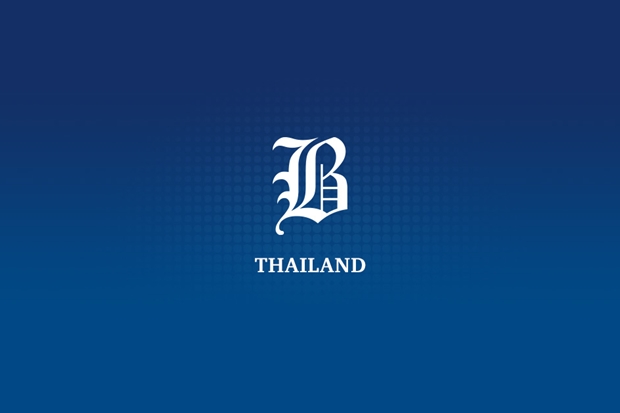
Eye and facial recognition technology will be used in a pilot project aimed at improving healthcare services for foreign workers, refugees and ethnic people in five provinces, the Department of Disease Control has said.
The project has been developed by the department’s partners, including the Thai Red Cross Society and the National Electronics and Computer Technology Centre (Nectec).
The project aims to collect the patient data of people who have lost their documents to prove their identity.
The pilot project will soon be carried out in Bangkok, Samut Sakhon, Prachuap Khiri Khan, Tak and Chon Buri provinces.
Last year, the department launched a smaller pilot project where they collected the personal identities of 60,000 people. The results were promising, with public health officials saying it made processes more efficient.
The department is now preparing documents, equipment and training courses for staff and local public health volunteers for the five provinces.
The department’s chief Dr Tares Krassanairawiwong said the methods used in the project could help provide necessary healthcare services to the groups concerned.
Dr Tares said during the Covid-19 outbreak, the department found it difficult to follow up with these non-documented groups on matters related to infections or vaccines.
“They don’t have documents to show their identity, and sometimes the temporary number code given by the authority has been missing while they move to the new place. This makes this eye and face recognition technology beneficial for disease control,” he said.

